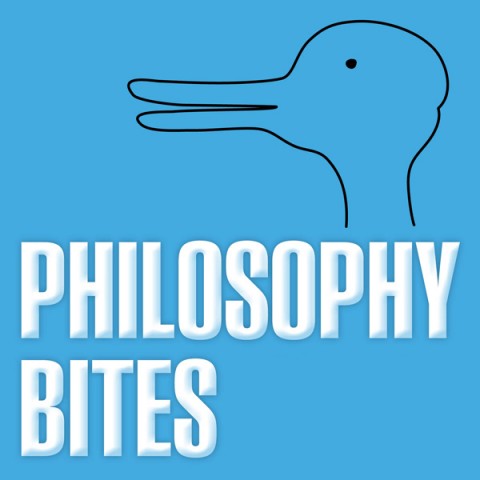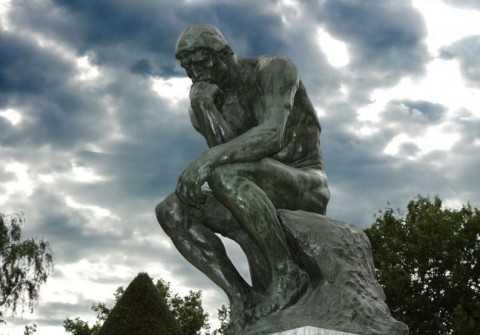Bryan Magee comes from a tradition that produced some of the twentieth century’s most impressive media personalities: that of the scholarship-educated, Oxbridge-refined, intellectually omnivorous, occasionally office-holding, radio- and television-savvy man of letters. Students and professors of philosophy probably know him from his large print oeuvre, which includes volumes on Popper and Schopenhauer as well as several guides to western philosophy and the autobiographical Confessions of a Philosopher. He also wrote another memoir called The Television Interviewer, and philosophically inclined laymen may fondly remember him as just that. When Magee played to both these strengths at once, he came up with two philosophical television shows in the span of a decade: Men of Ideas, which began in 1978, and The Great Philosophers, which ran in 1987. Both series brought BBC viewers in-depth, uncut conversations with many of the day’s most famous philosophers.
You can watch select interviews of Men of Ideas and The Great Philosophers on YouTube, including:
- Herbert Marcuse on the Frankfurt School
- Bernard Williams on the Spell of Linguistic Philosophy
- Bernard Williams on Descartes
- Miles Burnyeat on Plato
- Martha Nussbaum on Aristotle
- Anthony Kenny on Medieval Philosophy
- Iris Murdoch on Philosophy and Literature
- Geoffrey Warnock on Kant
- J.P. Stern on Nietzsche
- Hubert Dreyfus on Husserl and Heidegger
- Anthony Quinton on Spinoza and Leibniz
- Peter Singer on Hegel and Marx
- Michael Ayers on Locke and Berkeley
- John Passmore on Hume
- Sidney Morgenbesser on the Pragmatists
- A.J. Ayer on logical Positivism
- A.J. Ayer on Frege and Russell
- John Searle on the Philosophy of Language
- Anthony Quinton on Wittgenstein
- John Searle on Wittgenstein
- Hilary Putnam on the Philosophy of Science
- Frederick Copelston on Schopenhauer
At the top of the post, you’ll find Magee talking with A.J. Ayer, a well-known specialist in “logical positivism,” about the development of, and challenges to, that philosophical sub-field. Two philosophers, relaxed on a couch, sometimes smoking, enthusiastically engaged in a commercial-free back-and-forth about the most important thinkers and thoughts in the field — watch something like that, and you can’t possibly think of now as a golden age of television.
Note: Oodles of philosophy courses, many thought by famous philosophers, can be found in the Philosophy section of our list of Free Online Courses from Top Universities.
Colin Marshall hosts and produces Notebook on Cities and Culture. Follow him on Twitter at @colinmarshall.
Related Content:
Free Online Philosophy Courses
44 Essential Movies for the Student of Philosophy




